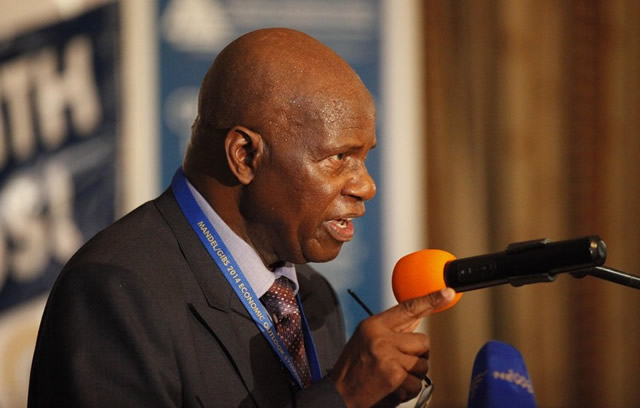216 Acts set to be amended
Tendai Mugabe and Daniel Nemukuyu
Government has drafted the General Laws Amendment Bill to steer changes in at least 216 Acts and align them with the new Constitution. The Bill will be gazetted soon after necessary consultations before it is brought to Parliament. This comes as the Constitutional Court deals with several cases in which applicants are contesting use of laws overtaken by the new Constitution.
The General Laws Amendment Bill will largely make minor changes to Acts, especially on wording.
Where an Act refers to the “Public Service Commission”, this will be changed to the “Civil Service Commission”; and in cases where an Act makes reference to the “Police Force”, this will be substituted with “Police Service”.
Some of the laws to be amended are the Interpretation Act (Chapter 1:01), Parliamentary Pensions Act (Chapter2:02), Presidential Pension and Benefits Act (Chapter 2:05) Privileges, Immunities and Powers of the Parliament Act Chapter (2:08) and Citizenship of Zimbabwe Act (Chapter 4:02).
In line with the new Constitution, the Children’s Act (Chapter 5:06) will be amended and the definition of a child will now mean every boy and girl under the age of 18.
Another law to be amended is the Criminal Law (Codification and Reform) Act, where the “Police Force” will become “Police Service” and “Attorney-General” will be replaced with “Prosecutor-General”.
In an interview yesterday, Justice, Legal and Parliamentary Affairs Deputy Minister Fortune Chasi said there was no prioritisation on such laws as they only required synchronisation of terminology with the new Constitution, and priority was given to Acts that required content changes.
In this regard, he said, they had completed the Electoral and National Prosecuting Authority Bills, which now awaited Presidential assent.
“Currently, we are running the Code and the Administrative Justice Bills which are also important pieces of legislation,” he said.
Deputy Minister Chasi said some changes did not fall within the purview of his ministry and other portfolios were mandated to originate them.
“For example, the Gender Bill comes from the Ministry of Women, Gender and Community Development and they will only bring it to us for technical work such as drafting,” he explained.
The Local Government, Rural and Urban Development Ministry is responsible for crafting a Bill to operationalise provincial councils created by the new Constitution.
Continued use of laws not aligned with the new Constitution could result in clogging of the Constitutional Court.
Businessman Mr Mutumwa Mawere was the first person to approach the court with a challenge on the Electoral Act, saying the new Constitution allowed dual citizenship and as such he should have been allowed to cast a ballot in the 2013 elections despite holding South African citizenship.
The court agreed with Mr Ma- were that the promulgation of the new Constitution gave citizenship rights Zimbabweans by birth.
In February, the Constitutional Court underscored the need to urgently align immigration regulations with the new Constitution to avoid breaches of citizens’ rights to free movement.
This was in the case in which Dr Farai Madzimbamuto – son of late national hero Cde Daniel Madzimbamuto – sought freedom to travel and live in Zimbabwe with his South African passport without applying for a residence permit.
Last week Wednesday, the Constitutional Court ruled that criminal defamation was not justifiable in a democratic society and that it contravened the new Constitution.
Deputy Chief Justice Luke Malaba last year ruled that Sections 31 and 33 of the Criminal Law (Codification and Reform Act) were unconstitutional.
The Constitutional Court has also heard a case in which a Gwanda magistrate allegedly violated the Constitution by unilaterally authorising the holding of three suspects in police cells for more than 48 hours.








Comments